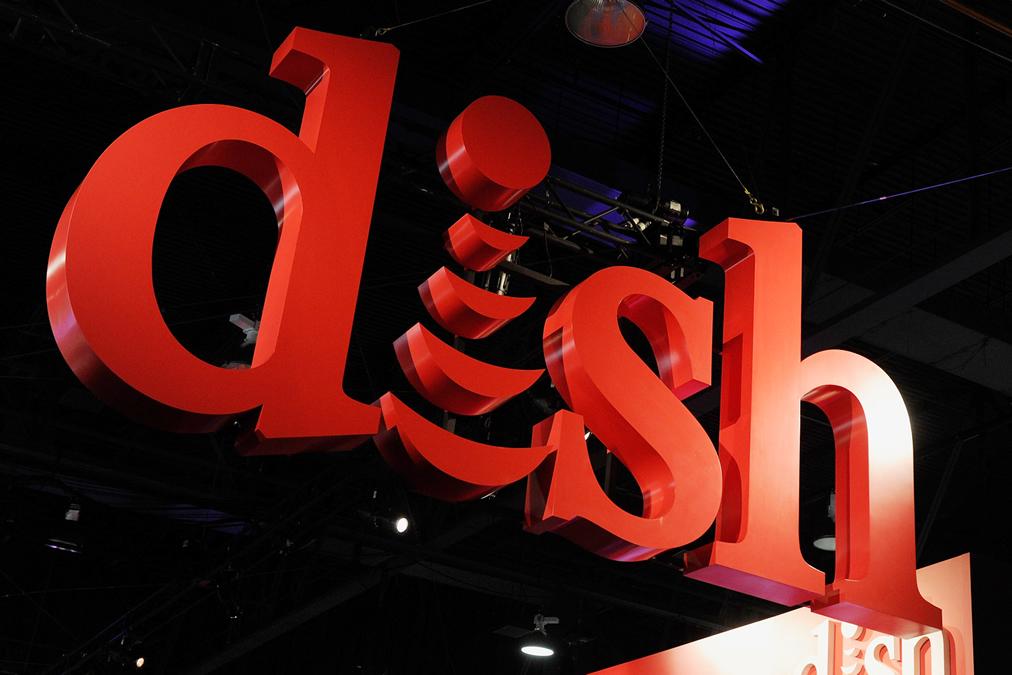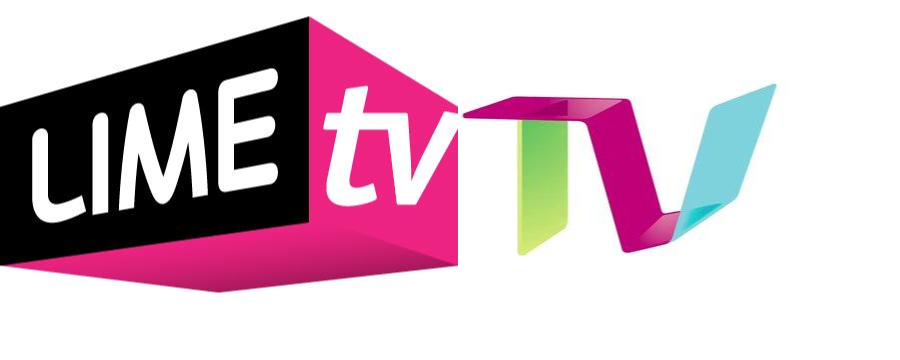
Technology continues to blur the lines between different business segments. Recently, I have observed that this has started to have major manifestations in the media, communications and technology space.
Combined with this evolution are the economic realities that are driving businesses to expand their reach into adjacent markets. The search is on for new synergies and areas of growth. There is a need to escape being stunted in mature business segments with stagnant growth. Businesses, especially those in telecommunications are using their war chest to invest in content creation, media distribution, business solutions, and IT services.
What's really happening here?
My analysis of the movements being witnessed would be this.

ClipArt: pngimg
Think of it as a BCG like (even though this usually only applies to products) analysis for the media and communication industry as opposed to a single product portfolio comparison. The above is based mostly on observation and pure conjecture as opposed to an analysis of hard numbers based on in depth research. Nevertheless, I have a strong believe that it would align with the numbers from anecdotal evidence. I would be really interested to see how accurate my prediction is and the alignment with the real data. If you have them please send it my way so that we can compare.
What I see is that the players are trying to flee the dogs of voice and text by buying into the CableTV cash cow to fund the stars of content creation, IT services, mobile apps, and data with a future eye for the growth potential of business solutions and services segments.
The landscape as we know it is literally changing before our eyes and a wave of consolidation, bundling, and service cross pollination is emerging. Regulators are struggling to keep up and the anti-trust and consumer protection agencies are having a busy period.
Who is moving and to Where?
So there is this trend happening. Let's summarize a few recent examples.
AT&T DIRECTV

The US mobile operator wishes to expand into content distribution through its acquisition of Directv. The deal is currently pending approval. If approved it is not certain that consumers will realize a price reduction but what is certain is that we will see more opportunities to bundle and cross sell. Maybe a TV package with mobile data built in and apps automatically installed to access your cable subscription anywhere while on the go? All possible.
DISH is just desperate to merge with everybody, anybody. Please let me buy you as I am too expensive to purchase is the desperate plea being heard here. It has no takers yet, but it does have its strategic direction set on purchasing T-Mobile should the Sprint deal fall through. They likely need to brush up on their negotiating skills or maybe they have an attitude problem or are just too cheap or too greedy resulting in their deals falling apart on price. I don't really know what the problem is, but I know they are on the market and hunting.

Shifts in the landscape are not restricted to a particular geographic region and are indeed happening globally. For instance here are a few below from my region in the Caribbean.
Google with Fibre and Loon

is an example of movement in the reverse direction. In the Google case the software vendor and content curator is becoming the network plus cable operator. Fibre is their project to run high speed cables directly to the home that provide traditional Cable TV service with google value addded features. While with Loon they have a moonshot that aims to bring high speed internet services to those people living in remote or under developed areas with limited network access. It must be noted that facebook also funds a similar project to broaden the reach of the network. So in both cases we see content producers becoming distributors and network operators. Each example further eradicates the dividing lines between technology vendors, content producers, and the networks that connect them to the end users.
LimeTv
While a failed experiment in Jamaica, it is still being spearheaded in other markets such as Cayman. In my estimation it is more than a product (the TV phone) but a statement of intention. LIME wishes to get into the distribution and delivery of video content on mobile and in the home coupled with data and telephony to improve their market position.

Flow and Columbus Business Solutions
Columbus with its Flow brand are really the innovators who had a first mover advantage and started this whole convergence with their introduction of the triple play bundle (Internet, Cable, and Fixed Voice Telephony) into the market. This has recently been followed with their push into Business solutions and managed IT services through the Columbus brand. All powered by their investments in datacentres and a comprehensive fibre optic network across the Caribbean.
I expect that we will see more from them as they aggressively expand the voice side of the business once number portability is introduced as well as tweak the pricing structure in defensive moves to fend off competitors who have woken up and started to converge.
Digicel and the buying spree

Not to be left out of the party, regional mobile giant Digicel has started to acquire assets in the cable space with a series of buys in the smaller islands and a recent purchase in Jamaica.
This is interesting as Digicel was also the first to pull the trigger on restricting services on its network. How it will apply such restrictions in a converged space is yet to be seen.
Implications for us?
With all that is happening how can it affect you?
-
More Flexibility. Higher Price? Prices may go up, while there will be many services bundles and more flexible use cases. In smaller states, the merging of previously independent service providers actually may result in less competition as in effect there will be a semi oligopoly developing whether acknowledged openly or not.
-
Fewer choices not more. Remember, in my model, CableTV is a cash cow not necessarily an area for more investment. Though this may mean more investment in those apps that create the newer flexible use cases. However, on the basic packages no real innovation. I don't expect a la carte soon. Quite the opposite is more likely. Fewer pay as you go or select what you want and more big bundle. Take it or leave it.
-
More network restrictions. Death of net neutrality. The evidence is already there and moves are being made from all network carriers both locally and abroad. Read my previous piece on blocking VIOP. As the number of players reduce and the service offerings converge, the conflict of interest and the pressure to defend profit margins will be too great. Don't expect the ISP/cable/mobile/TV all in one to take the higher ground unless the law forces them to.
-
More Value. Convergence may actually be great! Could be the impetus for more innovation. Let's face it, in the smaller markets this means fewer competition but also bigger and better funded competitors. Especially if they are two or more cash rich players. This scenario could actually beat the multiple weak, low quality, often zoned providers of the past. For the Jamaicans reading do you remember what it was like to get cable and internet before Flow? Removing those zoning rules that gave companies monopolies over areas was a good thing. Sure the prices went up on average, this may also be due to better copyright enforcement, but quality definitely benefitted from having one larger well-funded operation.
Tell me. Do you think I am right? Are you optimistic about this more all in one lifestyle? How do you see the future and what services will be possible in this bundled model?
 Nneko Branche.
Nneko Branche.